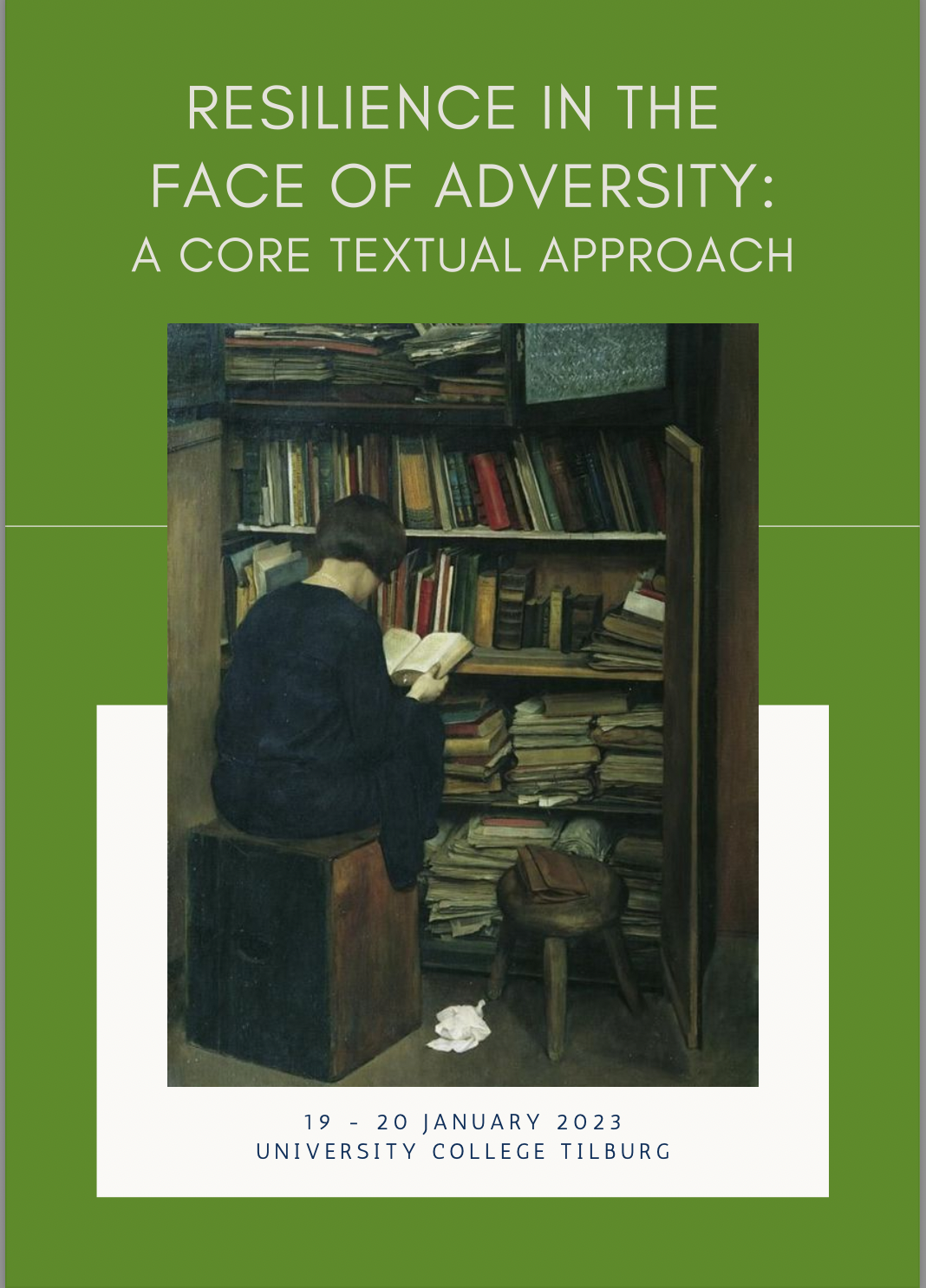Dear all,
Below is a written summary of the most recent annual meeting by Christa van Wijnbergen. Secretary, UCANN
Please also find a PDF link to the piece here: UCANN 2nd Annual Conference summary
UCANN 2nd Annual Conference, October 28, 2021, UC Fryslân
End October, nearly 30 members attended UCANN’s second annual conference, graciously hosted by our colleagues at University College Fryslân. They welcomed us with coffee and lunch in the beautifully restored old Exchange building in the centre of Leeuwarden, home now to Campus Fryslân. Just when we were about to start lunch, the fire alarm went off and we found ourselves enjoying some sunshine outside the building waiting for the fire department to clear it. I am still not sure whether the fire drill was planned but it sure was a nice, informal way of getting to know colleagues from all the different university colleges, some of whom had travelled from as far as Middelburg and Maastricht.
Inclusive Education: “Open to Everyone, Used by Everyone”
After lunch, Campus Fryslân’s Dean, Professor Andrej Zwitter, and UCANN representative, Dr Indira van der Zande, spoke a few words of welcome before the programme started with a plenary panel on Inclusive Education. Membership of the panel was diverse with both academic staff and students of UCF joining to discuss inclusive education not just from a theoretical perspective, but actually providing means and examples on how to deliver inclusive education in the classroom. We learned for example about initiatives at UCM to invite non-Western scholars to teach for two years a course in their programme (with online teaching having broadened the opportunities for collaboration), about UCF’s “green” norm (ie, to serve only vegetarian food at parties and in their canteen so as never to have to ask anyone about preferences), of initiatives to allow students to partly design the course curriculum and explicitly invite them to bring to the attention scholars and thinkers from their home countries if not part of the Western canon.
At the same time, there was recognition that the curriculum in some fields or disciplines cannot as easily be broadened by bringing in more non-traditional scholars (Mathematics was mentioned as an example, though gains can be made in this field on gender inclusivity) and that teachers should be protected against accusations of assigning only “old, white men” if pertinent to meeting learning objectives. Further, the limitation of English as the language of education and communication was brought up.
Finally, – I am inclined to say: yet again –, the challenge of attracting a truly diverse student body (not just in terms of nationality, but especially in terms of socio-economic status or religious background) at university colleges was mentioned, as well as the need to broaden rewards and recognition for academic staff beyond research grants and peer-reviewed publications but instead focused on education and (societally relevant) scholarship. On recruitment and admissions this means the need to expand upon the availability of scholarship funds, perhaps by targeting jointly the 20+ cohort years that have meanwhile graduated from a university college in The Netherlands. On rewards & recognition, VSNU’s advocacy to develop promotion criteria based on team-work, whereby one faculty member may be good at designing courses, another one at delivering education, yet another one at grant-writing, or scholarship, was generally welcomed.
The panel elicited a lot of food for thought and hence, debate and questions from the audience. Thank you, Dr Oksana Kavatsyuk, assistant professor Physics & Mathematics, UCG; Orel Scheining, 2nd-year student UCF; Prof. dr. Susan te Pas, Dean UCU; Dr Sepideh Yousoufzadeh, assistant professor Global Health UCF; Mariana Veñancio, 3rd-year student UCF; and Dr Wolfgang Giernalczyk, educational director UCM, for your contributions!
For the remainder of the afternoon, members broke into groups to discuss in smaller workshops the following themes:
- Community-based Research
- UCANN for U
Community-based Research
The first workshop was moderated by Dr Markha Valenta (UCU), who joined us online from her research stay in the United States, and Dr Christel Lutz (UCU), who assisted on the moderation from inside the classroom. Participants in the workshop reported high enthusiasm to work more closely with colleagues at other UC’s, finding that the interdisciplinary approach with a focus on societal relevance that is infused in UC teaching is often more relevant to their own research than the discipline-specific focus that is still the hallmark of research at parent faculties. They agreed to meet again in February 2022, so keep your eyes out for an announcement on UCANN’s website.
UCANN for U
The second workshop was moderated by yours truly. It focused on practical ways that UCANN can help strengthen the Liberal Arts & Sciences community in the Netherlands by fulfilling its aims by, amongst others, “sharing best practices, support academic activities, create an online networking space, and facilitate faculty exchange” (see for a complete overview of UCANN’s goals: https://ucann.nl/about-us/). Participants in this meeting shared lots of ideas (on best practices on inclusiveness & diversity, on quality insurance of education, on student- and staff well-being, on teaching material, on pedagogy in the small classroom, etc) but ultimately concluded that the bottle-neck currently is the usage of the website, which is not yet much used or fully up to par. They therefore recommended the addition of a quarterly newsletter with updates on best practices to be emailed to all UCANN members.
All in all, it was a very inspiring meeting. I truly enjoyed the opportunity to meet many of you (thankfully, in person this time) and to learn from all the brilliant ideas being discussed and good work done at the Dutch university colleges.
Dr Christa van Wijnbergen,
Secretary, UCANN,
Senior Lecturer at EUC


